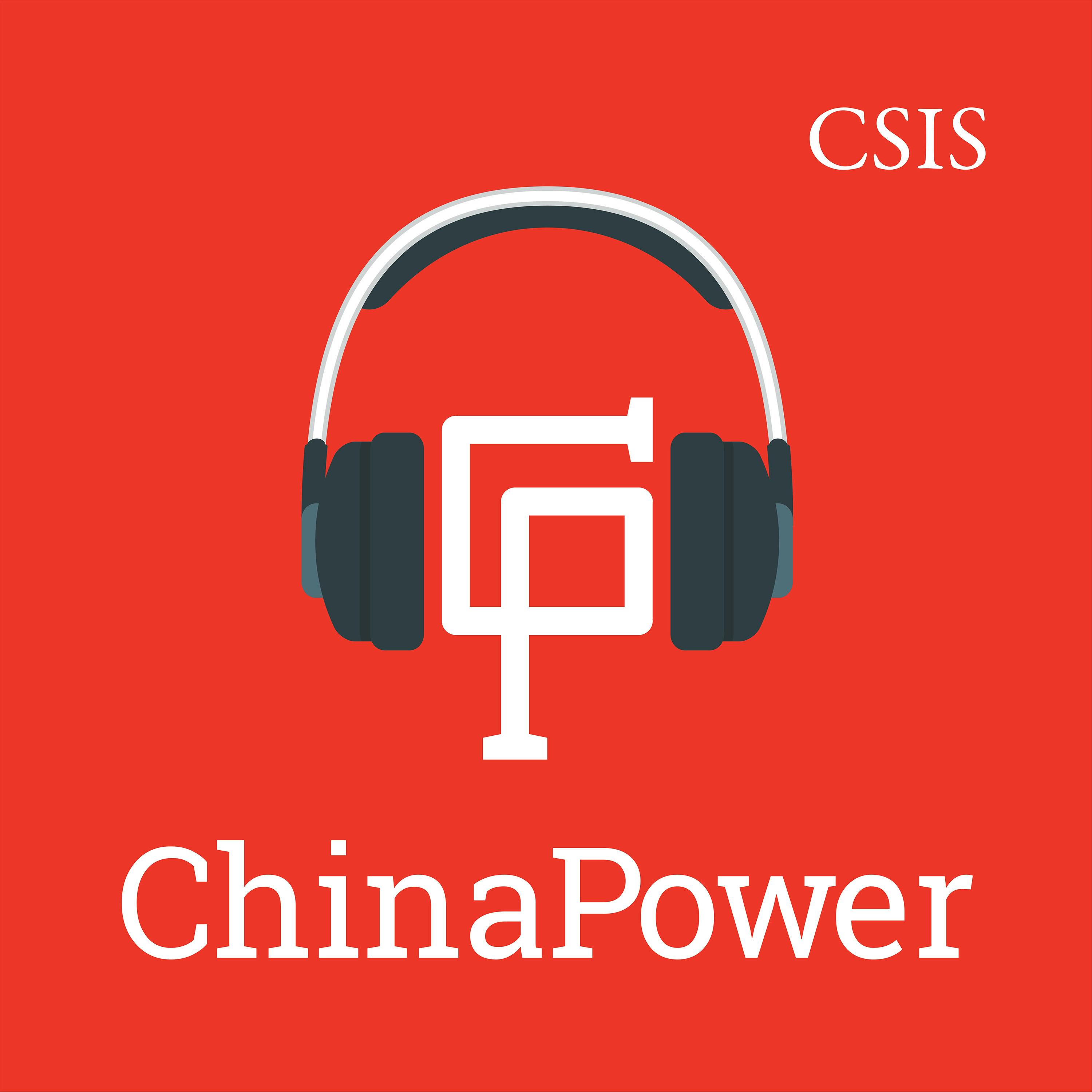
How China Might View a Second Trump Administration: A Conversation with Mr. Rick Waters

ChinaPower
Deep Dive
- China viewed Trump's first term in two phases.
- Early period focused on transactional relationship seeking a deal.
- Post-COVID period saw more ideological agendas pursued.
- China now views US consensus on China as extending through both parties with differences being mainly tactical.
Shownotes Transcript
In this episode of the ChinaPower Podcast, Mr. Rick Waters joins us to discuss what the recent U.S. presidential election results mean for China. Mr. Waters shares that China viewed President Trump’s first term as largely divided into two different phases, a more transactional phase in the first half of the administration and a second phase shaped by U.S. anger at China over Covid-19. Mr. Waters also explains that during the recent U.S. presidential election, Chinese scholars did not see large strategic differences between the Trump and Harris campaigns regarding China, and instead saw the differences as mainly tactical. Similarly, he speaks to China’s view that changes in which party controls the U.S. Congress will not cause significant changes in the overall U.S. trajectory on China, as both U.S. parties are increasingly concerned about the challenges and threats China poses. However, he notes Beijing may be concerned that a Republican dominated House and Senate may lead to the end of Permanent Normal Trade Relations (PNTR) with China. Mr. Waters also speaks to how China may approach the new Trump administration and assesses that China is waiting to see the first moves from the United States and whether those signal that Trump is willing to bargain with Xi or if the United States will take a greater turn towards unilateral decoupling. Finally, Mr. Waters speaks to possibility of NATO expanding into the Indo-Pacific and the growing ties between Pyongyang and Moscow, and what these changing geopolitics will mean for the future of the US-China relationship.
Rick Waters is the managing director of Eurasia Group's China practice. Drawing on his decades of experience in the US foreign service, Rick leads the firm's China expertise and client offerings. His research interests include China's global and regional diplomacy, US-China relations, and China's domestic political economy. Rick joined Eurasia Group after a 27-year career as the US State Department's top China policy official, overseeing the creation of the Office of China Coordination, informally known as the China House, and concurrently serving as deputy assistant secretary of state for China and Taiwan. Rick also held multiple roles at the US embassy in Beijing—including during the period between the accidental US bombing of the Chinese embassy in Belgrade in 1999 and the Hainan Island incident in 2001.